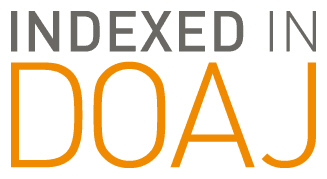Abstract
Higher education professionals are at risk of secondary traumatic stress (STS) as a result of supporting students experiencing trauma, while overwhelming workload, inadequate resources, and unclear role responsibilities may lead to burnout. This study explored contributing factors to STS and burnout and coping efforts among faculty, students, and staff working in a capacity in which they provide non-instructional support to programs or centers focusing on marginalized student populations. Participants (N=56) represented twenty-two U.S. regional universities, and were a subset of respondents to a larger mixed-methods study (n=559). Qualitative responses to three open-ended questions on challenges and coping efforts were analyzed using the Sort and Sift, Think and Sift method. Emerging themes were organized into three categories: 1) role challenges, 2) efforts to cope, 3) desired institutional resources. While personal self-care and social support were cited as beneficial coping mechanisms, participants emphasized these are reactive, rather than proactive, and are insufficient to overcome workload, trauma exposure, and other role challenges, thus contributing to turnover intentions and adverse mental health outcomes. Findings from this study will inform and provide guidance for proactive steps institutions can take to prevent and manage STS and burnout, and allocate resources to empower staff to fulfill role expectations and promote their well-being.
Recommended Citation
Sanchez, Delia; Jackson Preston, Portia A.; Vu, Christine; and Alcala, Lucia
(2022)
"“Living in Trauma 24/7”: A qualitative exploration of factors contributing to secondary traumatic stress and burnout among student services professionals working with marginalized student populations,"
Journal of Human Services: Training, Research, and Practice: Vol. 8:
Iss.
2, Article 3.
Available at:
https://scholarworks.sfasu.edu/jhstrp/vol8/iss2/3
Included in
Community-Based Research Commons, Community Health and Preventive Medicine Commons, Counseling Commons, Counseling Psychology Commons, Health Psychology Commons, Multicultural Psychology Commons, Occupational Health and Industrial Hygiene Commons, Other Social and Behavioral Sciences Commons, Public Health Education and Promotion Commons, Race and Ethnicity Commons, School Psychology Commons
Tell us how this article helped you.
